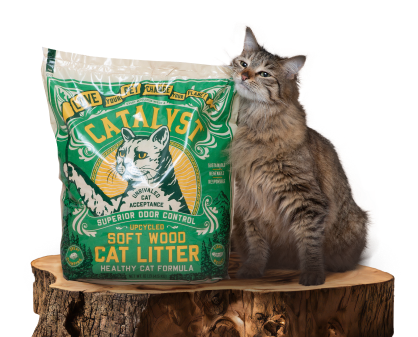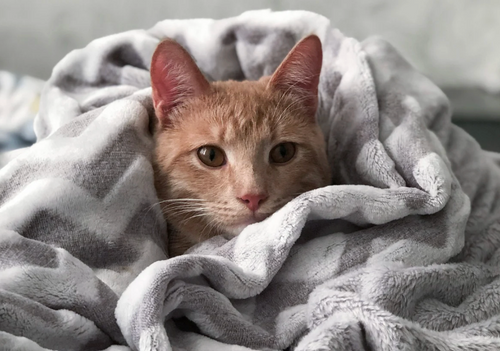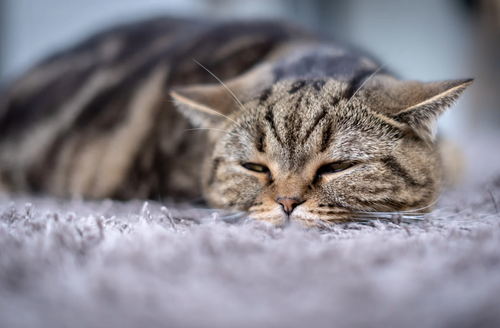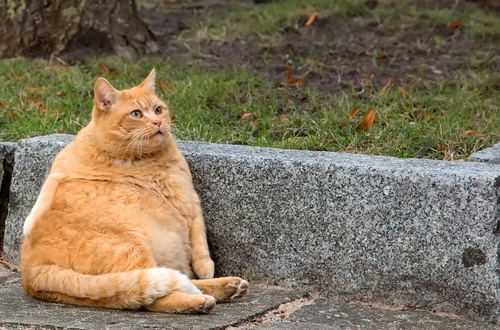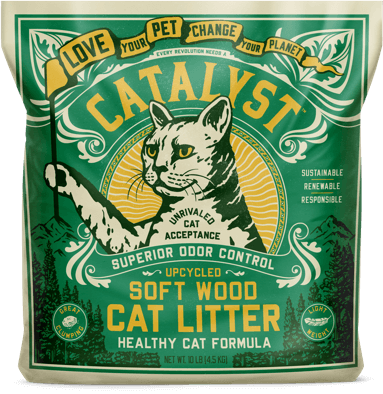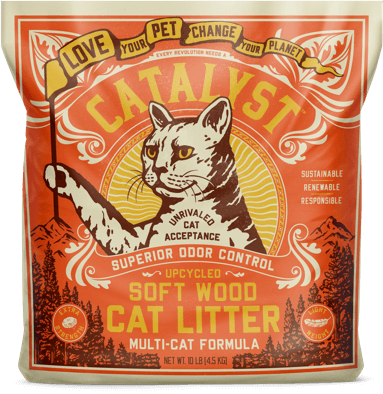While the Fourth of July can be a fun time to celebrate with friends and family, it can be a stressful—even dangerous—time for cats. Loud fireworks, unfamiliar guests, and tempting party foods can all pose risks. Fortunately, there are simple steps you can take to help keep your cat safe and calm all weekend long.
Keep your cat indoors
Even if your cat usually roams outside, the days surrounding the Fourth are not the time for outdoor adventures. The unpredictable blasts of fireworks and neighborhood noise can startle cats into running away or getting injured. Keep windows and doors closed and try to limit opportunities for accidental escapes.
Create a safe, quiet space
Set up a cozy room in your home where your cat can retreat when things get loud. Choose a space that’s away from activity and noise and make it as comfortable as possible. Some ways to do this are by keeping windows and doors closed to muffle outside noises; playing calming music, white noise or nature sounds to soothe them; providing familiar items like their bed, favorite toys and litter box; and offering a hiding spot like a cardboard box or covered bed. This “safe zone” can be a refuge not only during fireworks, but also if you’re hosting guests.
Avoid fireworks exposure
This one might seem obvious, but it’s important: Never take your cat to a fireworks display, no matter how chill they may seem. The volume and vibration can cause deep stress and panic. Likewise, don’t set off fireworks or firecrackers near your home if you have pets. And be sure to store lighters, matches, sparklers and lighter fluid securely—cats are curious, and these items can be toxic or dangerous.
Update identification
Despite your best efforts, a scared cat might still find a way to bolt. That’s why current identification is essential. Make sure your cat has a microchip with updated contact information and a secure collar with an ID tag (if they tolerate wearing one). These will greatly increase the chances of being reunited if they manage to slip out.
Consider calming aids
Some cats may benefit from extra help staying relaxed. Some options are pheromone diffusers like Feliway, which can create a sense of security, as well as natural calming treats or supplements. For especially anxious cats, your vet may recommend a short course of anti-anxiety medication. These aids are most effective when introduced in advance of the holiday, so talk to your vet early.
Watch out for toxic foods
Backyard barbecues and holiday parties often feature foods that are harmful to cats. Make sure to keep them away from onions, garlic, chocolate and alcohol, as well as cooked bones, which can splinter. Unattended plates, grills and trash bins are great places for them to find foods that are harmful. Even small amounts of these substances can cause serious health problems, so stay vigilant and ask guests not to feed your pets.
Monitor for signs of stress
Cats can be very good at hiding discomfort, so it’s important to watch for subtle signs of anxiety like if they’re hiding or freezing in place, have dilated pupils or rapid breathing, are being clingy or aggressive, or are vomiting, having diarrhea or other digestive issues. If these symptoms are severe or continue after the holiday, it’s a good idea to contact your vet.
The Fourth of July doesn’t have to be a nightmare for your cat. With a bit of preparation, you can help them stay safe, comfortable and stress-free while you enjoy the festivities. Taking a few simple precautions can make a big difference—and help you both have a more peaceful holiday.








